Published: 12:01 am, 6 January 2026
Eight new hour-long episodes of Call the Midwife are coming to BBC iPlayer and…
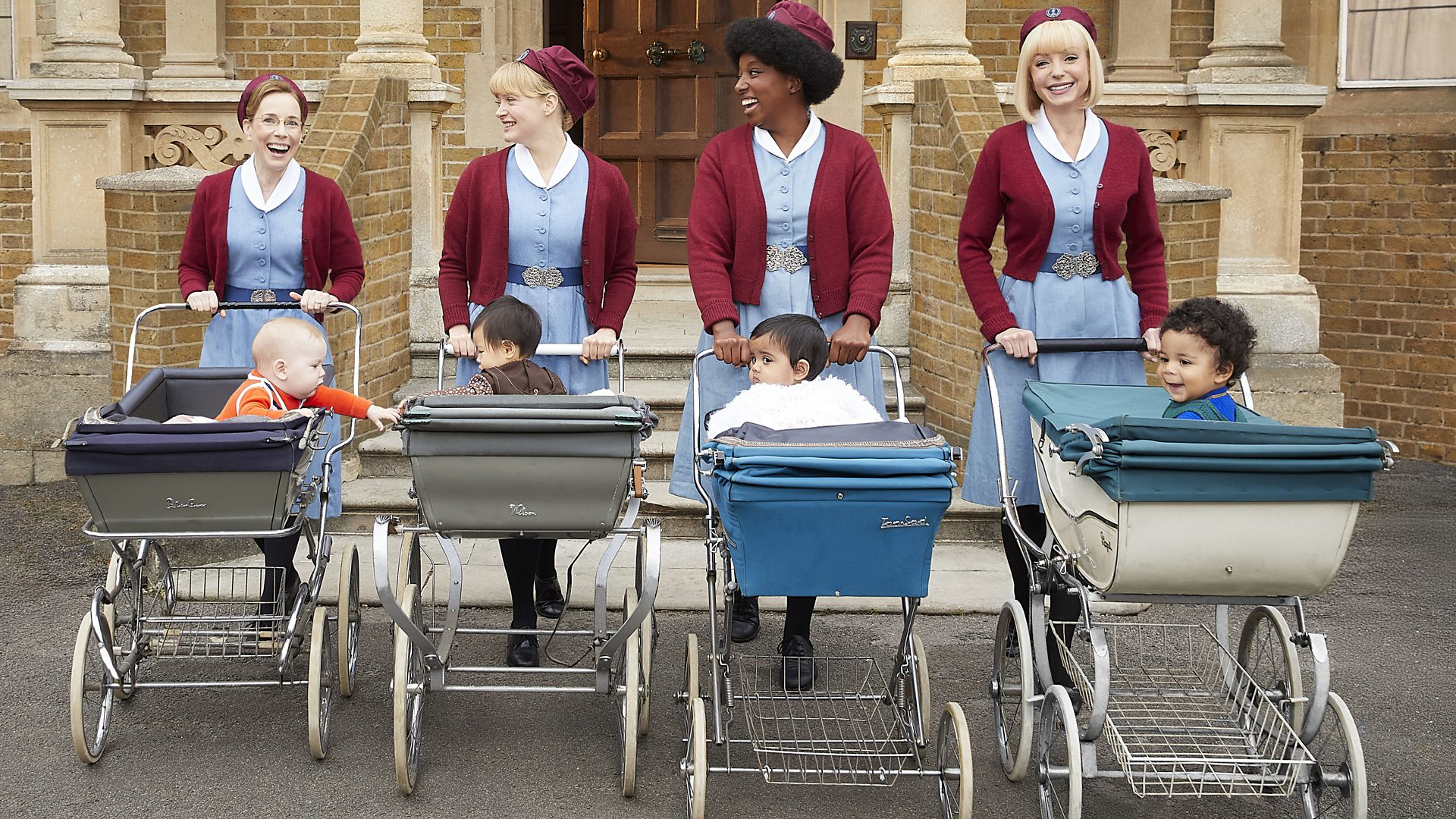
Published: 12:01 am, 6 January 2026
Eight new hour-long episodes of Call the Midwife are coming to BBC iPlayer and…
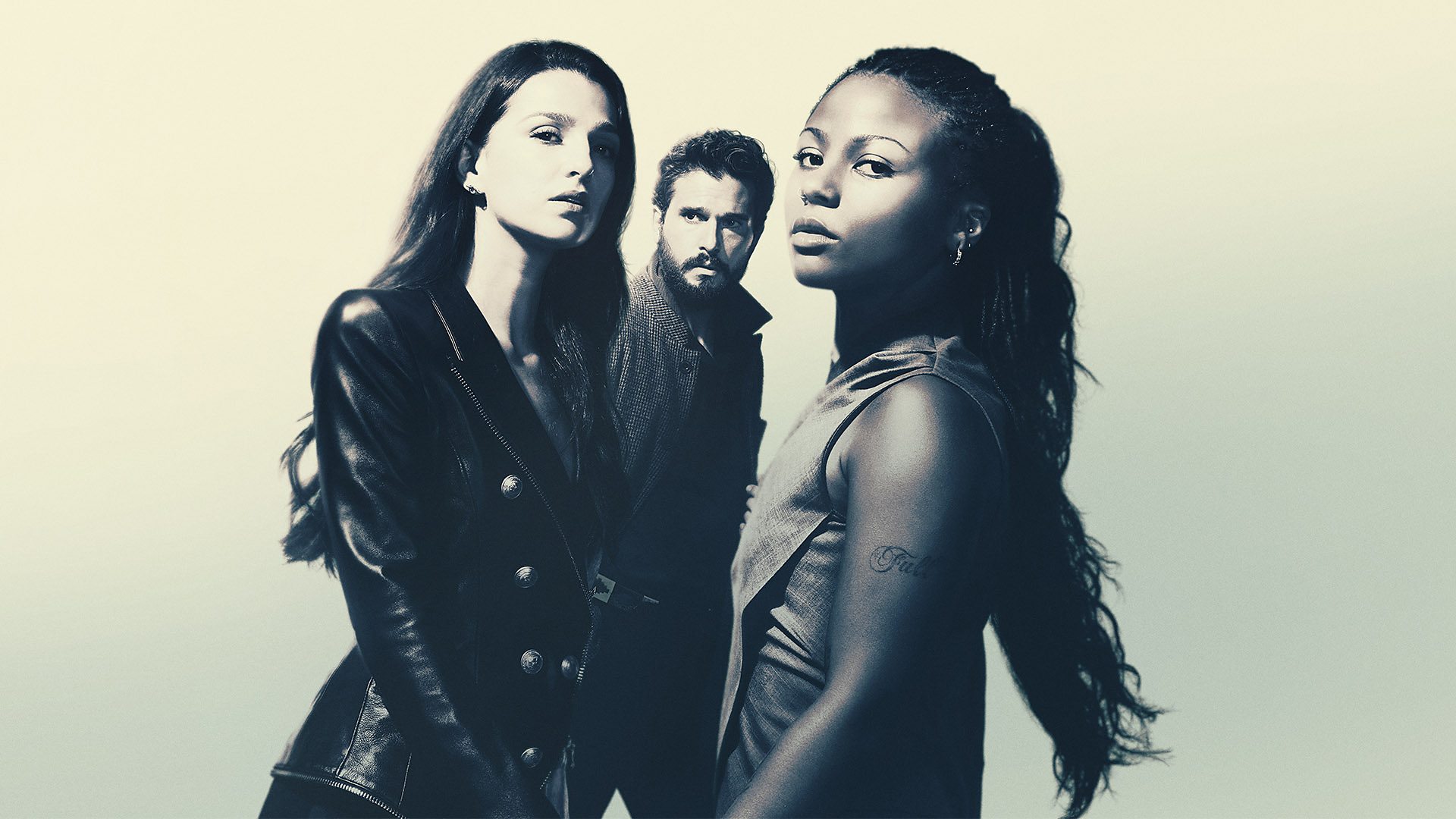
Published: 6 January 2026
At the top of their game and living the lives they set out to have as Pierpoint grads,…
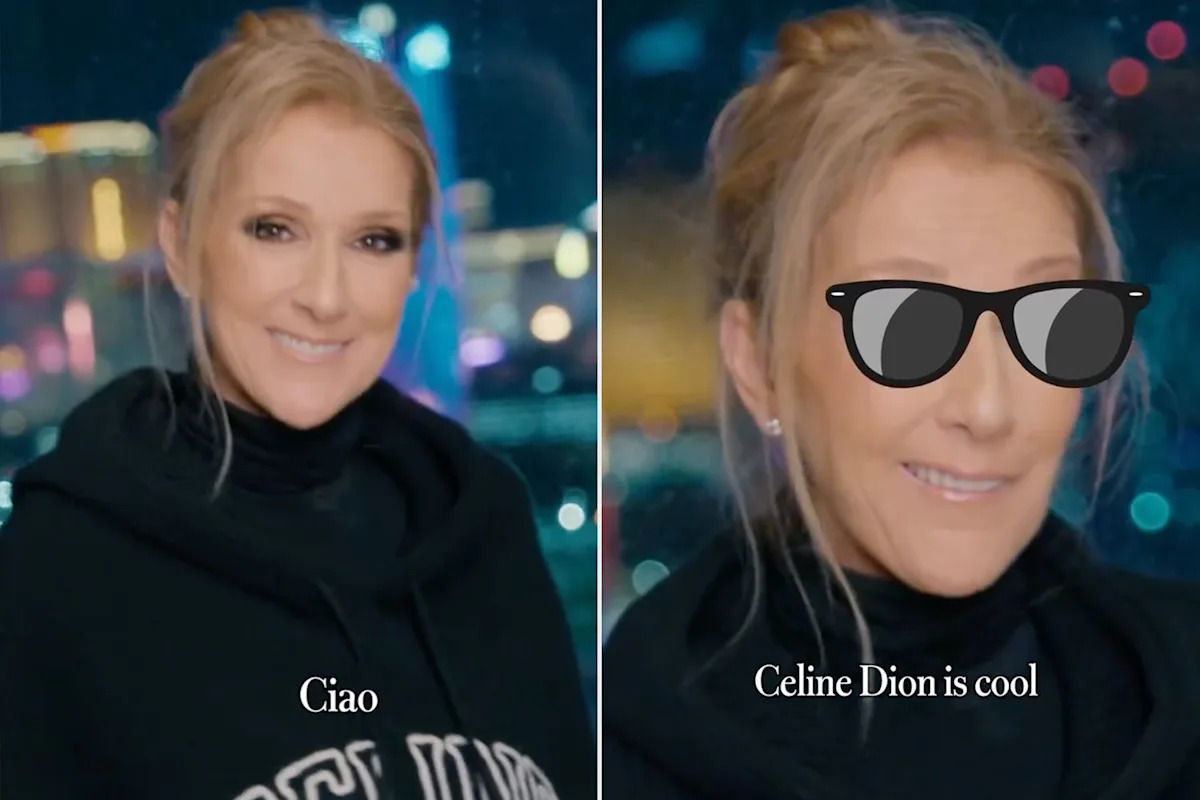
Céline Dion announced that she was officially joining TikTok in a silly video posted on Jan. 5
“TikTok here I come,” she said
Despite the announcement, the “My Heart Will Go on” singer had an account tied to her name long before
Céline…
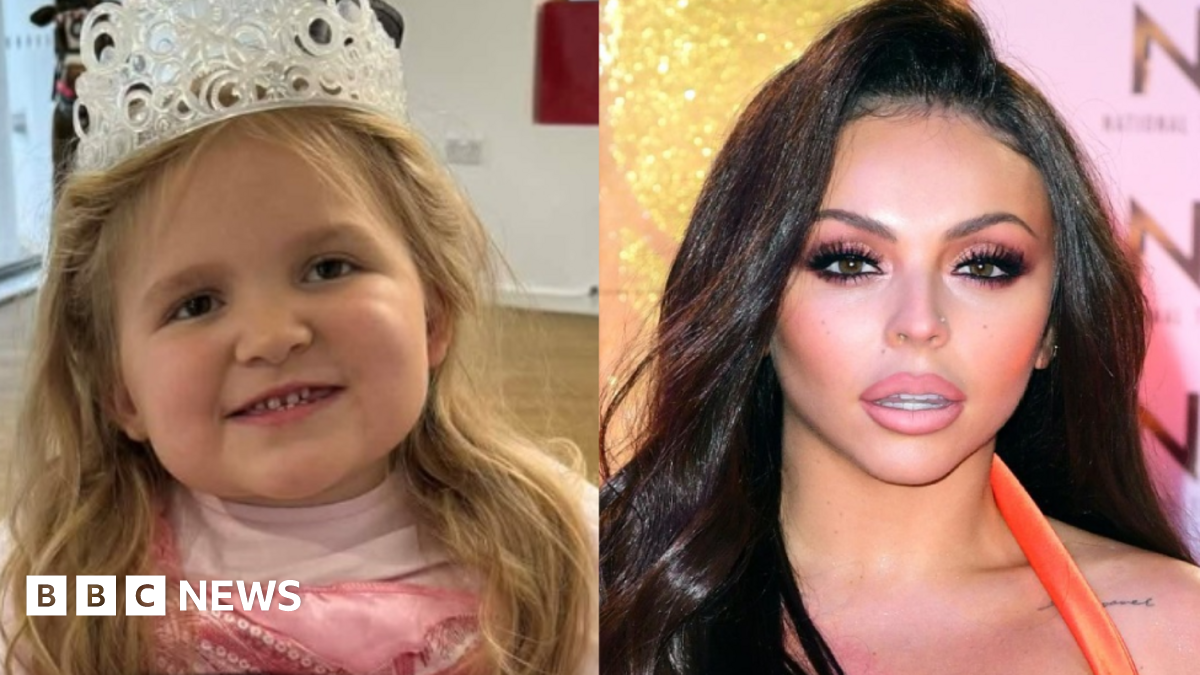
Giles Lomax, chief executive of charity SMA UK, said: “Without early diagnosis and treatment, babies with the most severe forms of SMA can experience rapid and irreversible muscle weakness, leading to serious disability and, in some cases,…
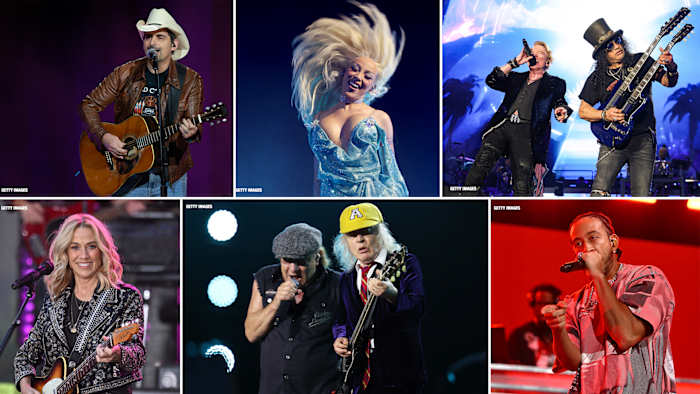
SAN ANTONIO – San Antonio music fans have plenty to look forward to in 2026, with a lineup of concerts…
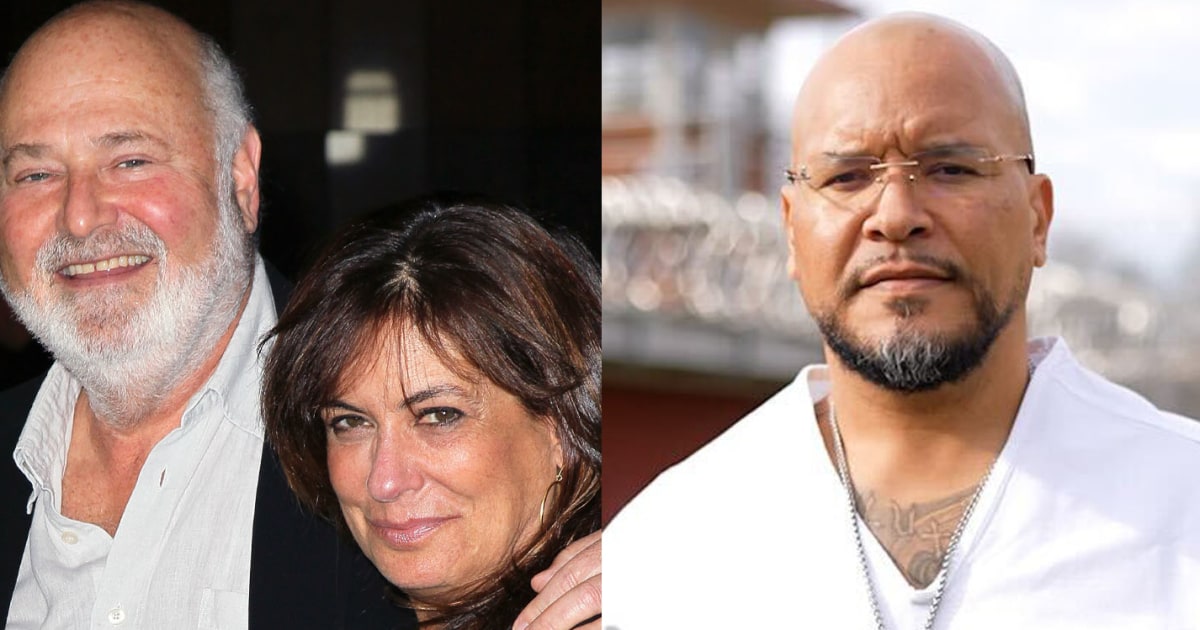
Three years after his conviction, much of the evidence used against Williams began to fall apart.
In 1998, his appellate lawyer requested testing of Guevara’s .22 Derringer. Prosecutors asked the same ballistics expert who testified at trial to…
The City of West Chicago and Gallery 200 invite the public to celebrate Kelley Cappell, recipient of the 2025 People’s Choice Award from the West Chicago Annual Art Banner Exhibit. Her artwork, Protect Our Oceans, was selected by the…

Michael Schumacher, a Wisconsin author who produced a diverse array of works ranging from biographies of film-maker Francis Ford Coppola and musician Eric Clapton to accounts of Great Lakes shipwrecks, has died. He was 75.
Schumacher’s daughter,…
(Washington, DC) – On Tuesday, January 6 at 6 pm, Mayor Muriel Bowser will celebrate five decades of Go-Go at the 2026 Go-Go Awards. The Mayor and other honorees will be recognized for their commitment to preserving and elevating Go-Go, the…